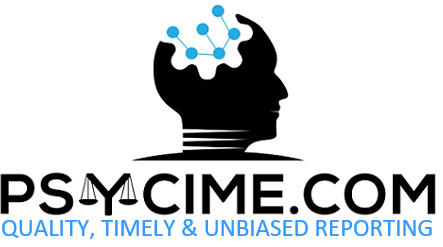
Types of Benefits – Section 44 Assessments
Minor Injury Guideline (MIG) – This is not a benefit but a designation. If it is determined that the claimant has sustained Minor Injuries then they are only able to access $3500.00 for treatment and assistive devices. This referral may or may not have an OCF-18 Treatment and Assessment Plan in dispute as well. They will ask about diagnosis, but may not specifically ask if the injury is minor as the MIG does not list any psychological diagnoses in the definition.
Medical and Rehabilitation Benefits – this will always be accompanied by an OCF-18 Treatment and Assessment Plan in dispute. It is important to determine if the OCF-18 is one of the following: Not reasonable and necessary, partially reasonable and necessary or (completely) reasonable and necessary. If partially reasonable and necessary be sure to list specifically which proposed treatments or assessments are and are not considered reasonable and necessary. If possible, list the final cost of the partially reasonable and necessary OCF-18.
Attendant Care Benefits – Does the claimant require the services or an aide or attendant to perform their personal tasks. The referral will often ask for a Form 1 to be completed but you only need to provide your opinion from a psychiatric perspective whether there is an accident related impairment that would prevent the claimant form performing those tasks. A Form 1 can only be filled out by an Occupational Therapist or Registered Nurse.
Non-Earner Benefits – does the claimant suffer a complete inability to carry on a normal life. This is usually accompanied by an OCF-3 Disability Certificate. It is helpful to note the Injury and Sequelae listed on the OCF-3 and note if you agree or disagree with the list from your area of expertise.
Income Replacement Benefits – does the claimant suffer a substantial inability to perform the essential tasks of their pre-accident employment. This is usually accompanied by an OCF-3 Disability Certificate. It is helpful to note the Injury and Sequelae listed on the OCF-3 and note if you agree or disagree with the list from your area of expertise. It is important to state whether the claimant can perform the essential tasks based on your area of expertise. If you do not know what the essential tasks are, it is recommended to request a Physical Demands Analysis (PDA) or Job Site Assessment (JSA) before providing your final opinion.
Post 104 Income Replacement Benefits – does the claimant suffer a complete inability to engage in any occupation for which he/she is reasonably suited based on their current level of education, training or experience. This is usually accompanied by an OCF-3 Disability Certificate. It is important to review the list of suitable occupations provided by the Vocational Assessor. If a list is not available it is reasonable to request this list before providing your opinion.
Catastrophic Impairment Determination – this is not a benefit, but a designation. If the claimant is deemed catastrophically impaired then they are eligible for further funding for the above listed benefits. This referral is always accompanied by an OCF19 Application for Determination of Catastrophic Impairment. Sometimes a report is also provided listing the specific whole person impairment and domain ratings. It is important to review those findings and discuss whether you agree or disagree with the ratings provided by the Section 25 assessor.
